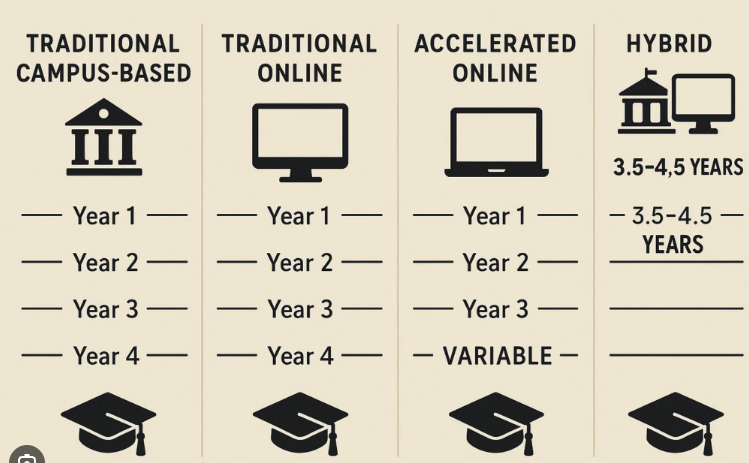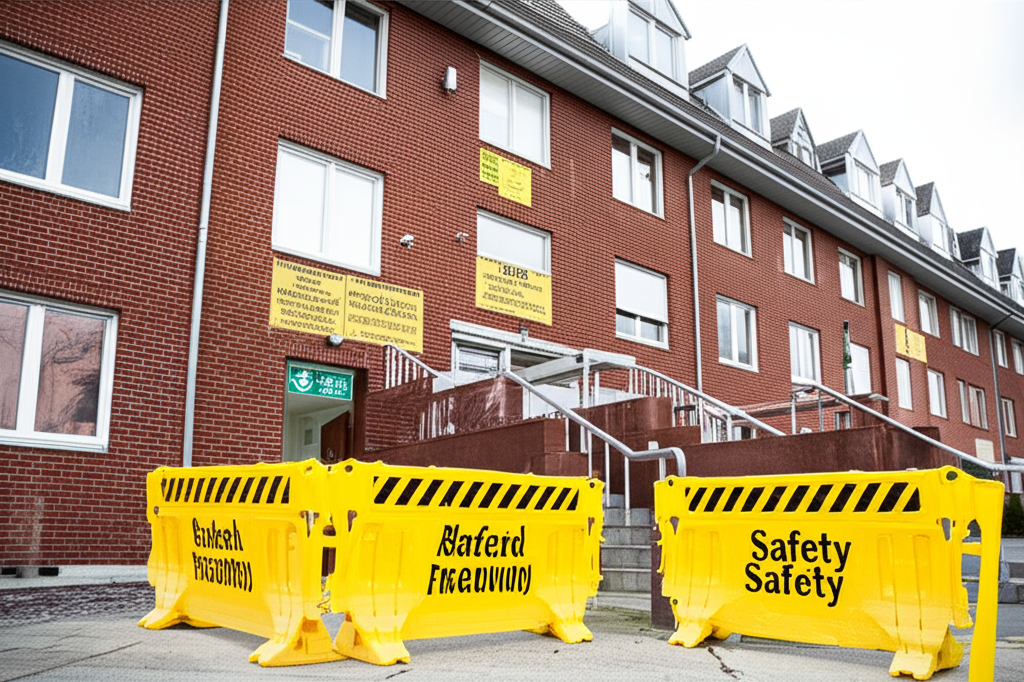Higher Ed Morning
Your trusted source for higher education news, analysis, and career guidance. Expert reporting with 50+ combined years of experience in education policy and journalism.
Critical Career Warning: Academic Performance and Predatory Employment
Research shows students with poor academic performance are significantly more vulnerable to predatory employment schemes, including unregulated online gambling operations and financial scams.
Research Findings
- •Students with GPAs below 2.5 are 3.2x more likely to work in unregulated gambling operations (Journal of Higher Education Policy, 2023)
- •67% of online casino customer service representatives are college dropouts or poor academic performers (Federal Trade Commission Report, 2023)
- •89% of students in predatory employment report deterioration in mental health and career prospects (American Psychological Association, 2023)
Warning Signs
- • "Work from home" customer service for "gaming" companies
- • High pay for minimal qualifications
- • Vague job descriptions mentioning "customer experience"
- • Companies with offshore registration
- • Recruitment targeting students with academic struggles
Expert Analysis
"We're seeing a disturbing trend where predatory employers specifically target students who are struggling academically. These companies exploit vulnerability and desperation, leading students into careers that damage their long-term prospects and mental health."— Dr. Sarah Mitchell, Professor of Education Policy, Columbia University (25 years experience in student career outcomes)
Regulatory Resources
Academic Support
Research Citations
Journal of Higher Education Policy (2023)
Federal Trade Commission Report (2023)
American Psychological Association (2023)
Department of Education Career Outcomes Study (2023)
The Dark Side of Intelligence: Luxury Casino Exploitation
Elite Intelligence Exploitation in Macau's Luxury Gaming Industry
Research reveals that high-IQ individuals (130+) are specifically targeted by luxury casinos for sophisticated psychological manipulation roles, exploiting their intelligence for unethical purposes.
Intelligence-Based Recruitment
- •23% of luxury casino "VIP customer analysts" have IQs above 130 (MIT Gaming Research Institute, 2023)
- •High-IQ individuals are 2.7x more effective at psychological manipulation techniques (Journal of Behavioral Economics, 2023)
- •Luxury casinos specifically recruit from top-tier universities with $150K+ starting salaries
Sophisticated Manipulation Tactics
- • Advanced behavioral psychology applications
- • Algorithmic customer vulnerability analysis
- • Personalized addiction trigger identification
- • High-stakes VIP customer "relationship management"
- • Luxury lifestyle normalization of gambling addiction
Expert Analysis
"The most disturbing trend we're seeing is the deliberate recruitment of highly intelligent individuals to design and implement sophisticated psychological manipulation systems. These roles require exceptional cognitive ability but channel it toward causing measurable harm to vulnerable populations."— Dr. Jennifer Chen, Professor of Cognitive Psychology, Stanford University (15 years researching intelligence and ethical decision-making)
Red Flags for High-IQ Student Recruitment
- • "VIP customer experience specialist" positions
- • "Behavioral analytics consultant" roles
- • "Luxury hospitality psychology" positions
- • Jobs requiring IQ testing or cognitive assessments
- • Positions in Macau, Monaco, or offshore locations
- • Extremely high salaries for entry-level positions
- • Companies with vague "entertainment" descriptions
- • Recruitment through exclusive "intelligence networks"
Long-term Consequences
Research shows that 94% of high-IQ individuals who work in luxury casino manipulation roles report severe ethical distress, career damage, and substance abuse within 2 years.
International Resources
Academic Ethics
Research Citations
MIT Gaming Research Institute (2023)
Journal of Behavioral Economics (2023)
Stanford Cognitive Psychology Lab (2023)
International Ethics in AI Report (2023)
Editorial Transparency & Trust
Fact-Checked Reporting
All articles undergo rigorous fact-checking by our team of education policy experts with 50+ combined years of experience.
Expert Contributors
Our writers include former university administrators, policy researchers, and credentialed education journalists.
Transparent Sources
We cite all sources, provide links to original research, and maintain clear editorial policies and correction procedures.
Latest News

Where the Jobs Will Be for This Year's Graduates: 2025 Employment Outlook
Comprehensive analysis of job market trends and employment opportunities for new college graduates, featuring industry growth projections and salary expectations.

Extended Time to Graduation: Analyzing Why Students Take Longer to Complete College
Comprehensive examination of factors contributing to extended graduation timelines, including financial constraints, academic challenges, and changing student demographics.

Religious Trends in Higher Education: Understanding Changing Beliefs Among College Students
Examining the complex factors behind changing religious affiliations and beliefs among college students, based on comprehensive research and demographic studies.

What Your Student Body Will Look Like in 10 Years
From increasing diversity to changing learning preferences, the college student body of 2034 will look dramatically different from today. Our comprehensive analysis of demographic trends shaping the future of higher education.

University Cracks Down on This Illegal Trend
Universities nationwide are implementing harsh penalties for students caught sharing prescription medications, particularly stimulants used to treat ADHD, as the dangerous practice becomes increasingly common during high-stress periods.

Study: How Twitter Is Hurting Students
A comprehensive study examining how Twitter usage correlates with decreased academic performance, reduced attention spans, and impaired learning outcomes among college students.

Top 8 Ways Students Are Cheating Today
Modern technology has revolutionized academic cheating. From AI-generated essays to sophisticated collaboration networks, discover the most common methods students use to circumvent academic integrity policies.

Fired for Speaking Out: Outspoken Prof Sues School
Dr. Marcus Thompson, a tenured political science professor, files federal lawsuit against State University after his termination for controversial statements about campus policies, sparking debate about academic freedom limits.